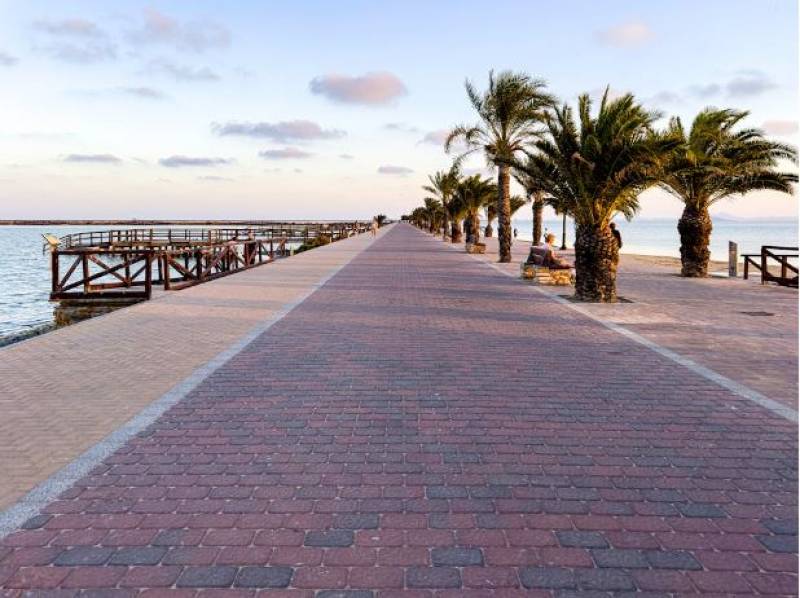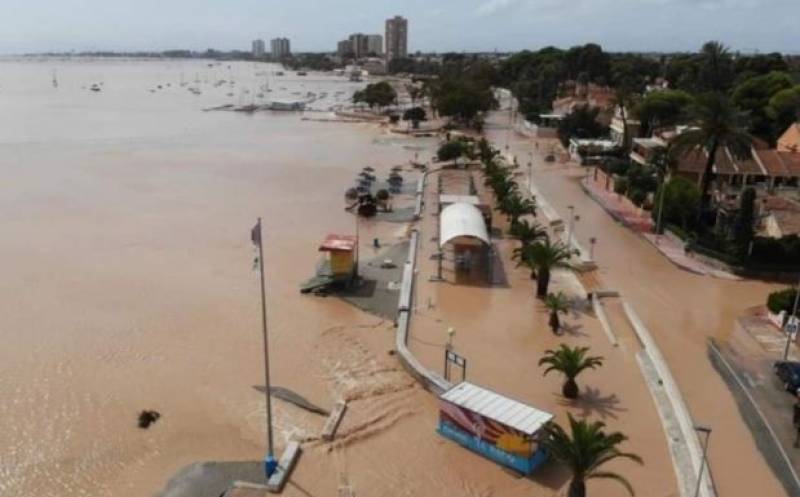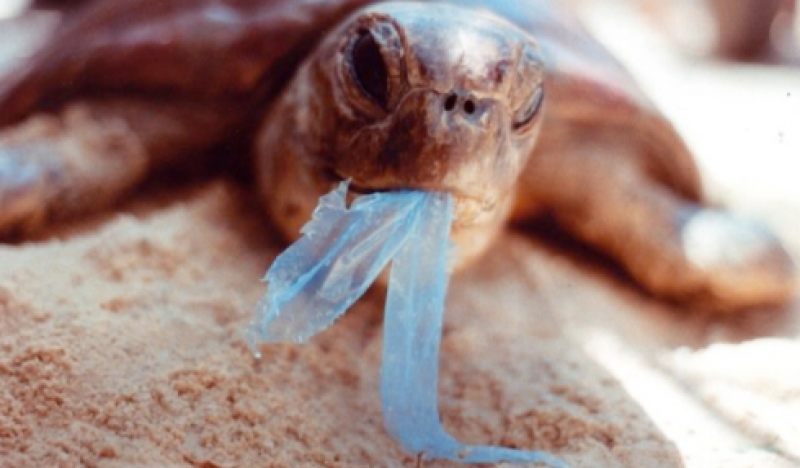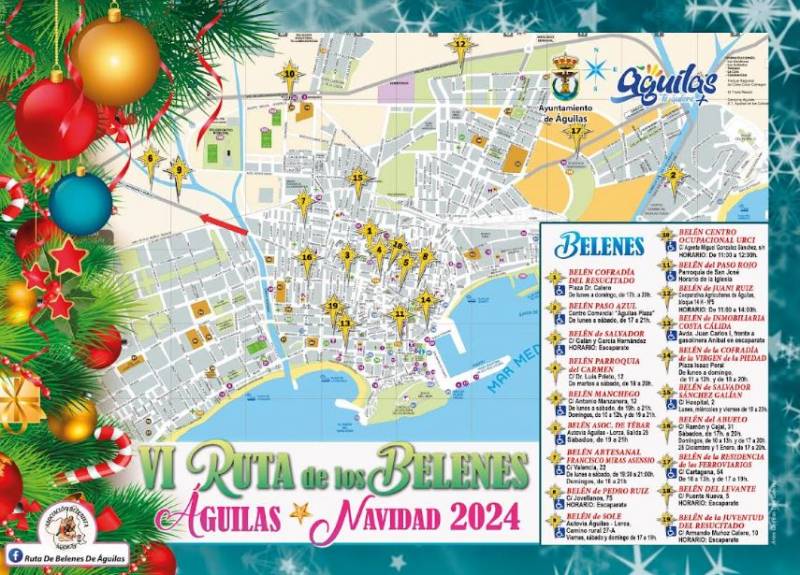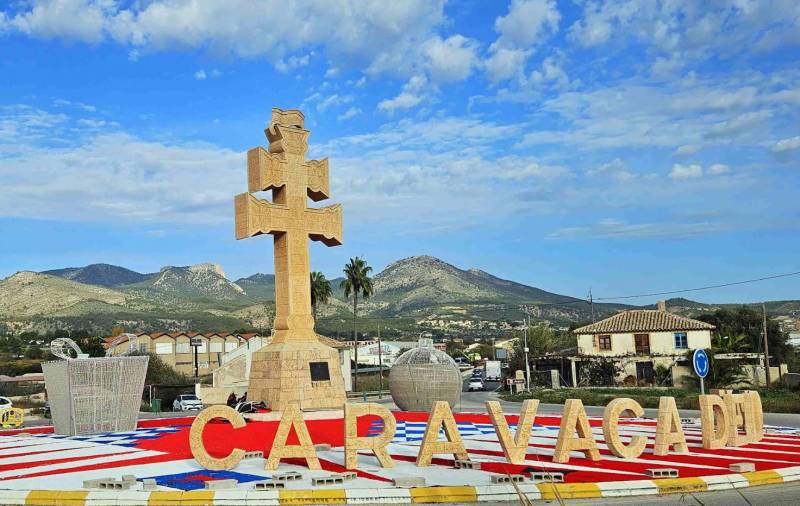Date Published: 11/11/2024
Spain takes another step towards protecting the Mar Menor
ARCHIVED ARTICLE -
A study has been commissioned to determine if the Mar Menor can be designated as a Biosphere Reserve
In a move that could have significant implications for the future of
the Mar Menor, the Spanish Ministry of the Environment has commissioned a study to explore the feasibility of designating the saltwater lagoon as a Biosphere Reserve.
But what does this mean for the Mar Menor, a region that has been plagued by ecological disasters in recent years? And what are the chances of success for this initiative?
The Mar Menor is no stranger to environmental protection. In fact, it's already protected by no fewer than ten different environmental protection figures, including the Natura 2000 Network and the Special Conservation Zone. However, despite these efforts, the lagoon continues to suffer from pollution and ecological degradation.
The Ministry's decision to explore Biosphere Reserve status is seen as a positive step by environmentalists, who believe it could provide a new framework for balancing conservation and sustainable development in the area. But the timing of the initiative has raised some eyebrows, given the Mar Menor's current ecological state.
Sources from the Environment Department are actually downplaying the importance of the Biosphere Reserve study, claiming to still be “focused on the recovery, preservation and conservation” of the Mar Menor.
What is a Biosphere Reserve?
Essentially, it's a designation that recognises an area's unique natural and cultural values, and aims to promote sustainable development and conservation. Spain has a total of 55 Biosphere Reserves, but none of them are located in the Region of Murcia.
Two serious attempts have been made in the past to achieve this status: in 2008, the
Calblanque and Sierra Minera was put forward and in 2013, Murcia City Council recommended the Sierras and Campo de Murcia for Biosphere Reserve recognition, but neither got over the finish line.
The process of designating a Biosphere Reserve is complex and involves several stages. The study commissioned by the Ministry will assess the Mar Menor's eligibility for this status, taking into account its natural and cultural values, as well as its potential for sustainable development down the line.
Ecologistas en Acción, a group that has been involved in promoting Biosphere Reserves in other parts of Spain, is cautiously optimistic about the initiative. However, they stress that the candidacy must be “good and serious” and that the Region of Murcia must avoid pressure from economic interests that may seek to undermine the protection of the Mar Menor.
A Biosphere Reserve designation could also have a positive impact on tourism in the Region, attracting visitors who are interested in sustainable and responsible travel. As the environmental group points out, this could be a major boost for the local economy.
A three-zone approach
If the Mar Menor is awarded the status, it will be divided into three zones, each with its own specific functions and management objectives.
The central zone will be dedicated to long-term biodiversity protection, while the buffer zone will allow for activities compatible with conservation objectives. The outer transition zone will promote sustainable resource management practices.
Image: Pexels
article_detail

|



